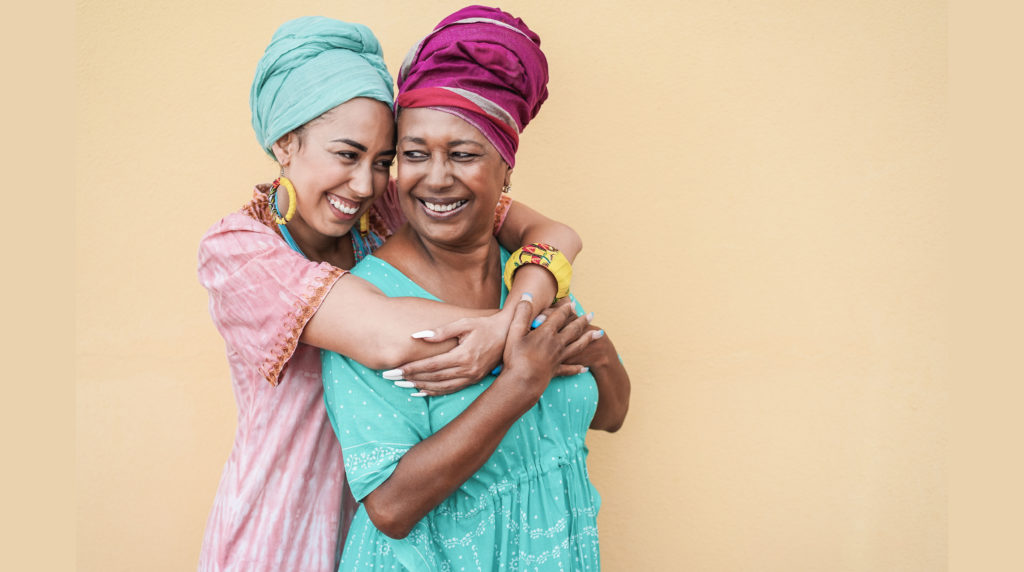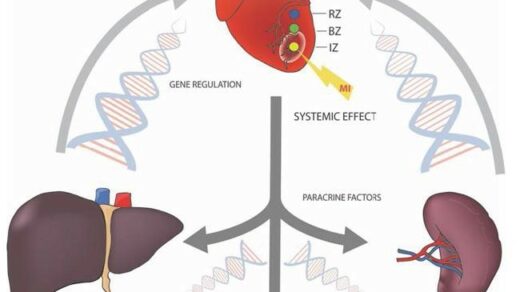In this trending paper published by Oncotarget in 2021, a cohort of Nigerian women were assessed for a useful biomarker in aggressive molecular subtypes of breast cancer.

The Trending with Impact series highlights Oncotarget publications attracting higher visibility among readers around the world online, in the news, and on social media—beyond normal readership levels. Look for future science news about the latest trending publications here, and at Oncotarget.com.
—
Forms of cancer can vary in prevalence and aggression in different populations of people around the world. For instance, incidence rates of breast cancer (BC) have been rising in Africa over the past few decades. Research finds that Nigerian women have the highest age-standardized mortality rate of breast cancer on the African continent. This population in particular also faces disproportionately aggressive molecular subtypes of breast cancer.
“BC in Nigeria is characterized by disproportionately aggressive molecular subtypes, with exceptionally high rates of triple-negative (TN) BC [4], similar to BC in other countries in West Africa [5] and among African American women in the United States [6].”
In order to develop better treatment strategies, there is a distinct need to identify biomarkers that indicate, and even predict, these aggressive subtypes of breast cancer in Nigerian women. In 2021, a new study was conducted by researchers from Duke University, University of Lagos, Obafemi Awolowo University Teaching Hospital, University of Ibadan, Federal Medical Center Abeokuta, UNC Gillings School of Global Public Health, Our Lady of Apostle Catholic Hospital in Ibadan, University of Alabama at Birmingham, University of Kentucky, and University of Kansas Medical Center. Their trending research paper was published by Oncotarget and entitled, “Association of high-sensitivity C-reactive protein and odds of breast cancer by molecular subtype: analysis of the MEND study.”
C-Reactive Protein
“C-reactive protein (CRP) is associated with risk and aggressiveness for several types of cancer.”
When there is inflammation in the body, levels of the C-reactive protein (CRP) increase. This easily measurable protein can be a useful biomarker of systemic inflammation, infection, or tissue damage. Previous studies show that circulating CRP has been elevated in various types of cancers; it has also been associated with tumor prognosis. Past studies about CRP’s association in breast cancer subtypes have been notably few, and none have focused on isolating subpopulations in Africa.
“Additionally, it is worth noting that most of these past studies have been conducted in populations from the United States and Europe, among mostly White study populations, and to our knowledge, none have been conducted in populations from Africa.”
The Study
In this study, 555 Nigerian participants were assembled—of which 296 were confirmed breast cancer cases, and 259 were controls. The researchers collected clinical and reproductive characteristics of each participant, including the controls. In their first analysis, the researchers observed that newly diagnosed cases of Nigerian breast cancer were significantly more likely to have high levels of highly-sensitive CRP (hsCRP) compared to the controls. After adjusting for socio-demographic, clinical, and reproductive variables, the team still observed significant statistical significance for high levels of hsCRP associated with Nigerian BC. The findings from this cohort study also showed that high hsCRP was associated with a four-fold increased odds of BC.
“We also provide novel evidence of associations between hsCRP and BC molecular subtypes, with significant associations observed for luminal A, TN, and HER-enriched subtypes.”
Conclusion
“In conclusion, our analysis revealed a positive association between hsCRP and odds of BC, overall and for all molecular subtypes. Because CRP is an easily measured biomarker in the blood, it may represent a useful predictor of BC in the Nigerian context. We urge larger studies, preferably prospective cohort studies, among women of African descent to further characterize this association.”
Click here to read the full research paper, published by Oncotarget.
YOU MAY ALSO LIKE: More Oncotarget Videos on LabTube
—
Oncotarget is a unique platform designed to house scientific studies in a journal format that is available for anyone to read—without a paywall making access more difficult. This means information that has the potential to benefit our societies from the inside out can be shared with friends, neighbors, colleagues, and other researchers, far and wide.
For media inquiries, please contact media@impactjournals.com.



